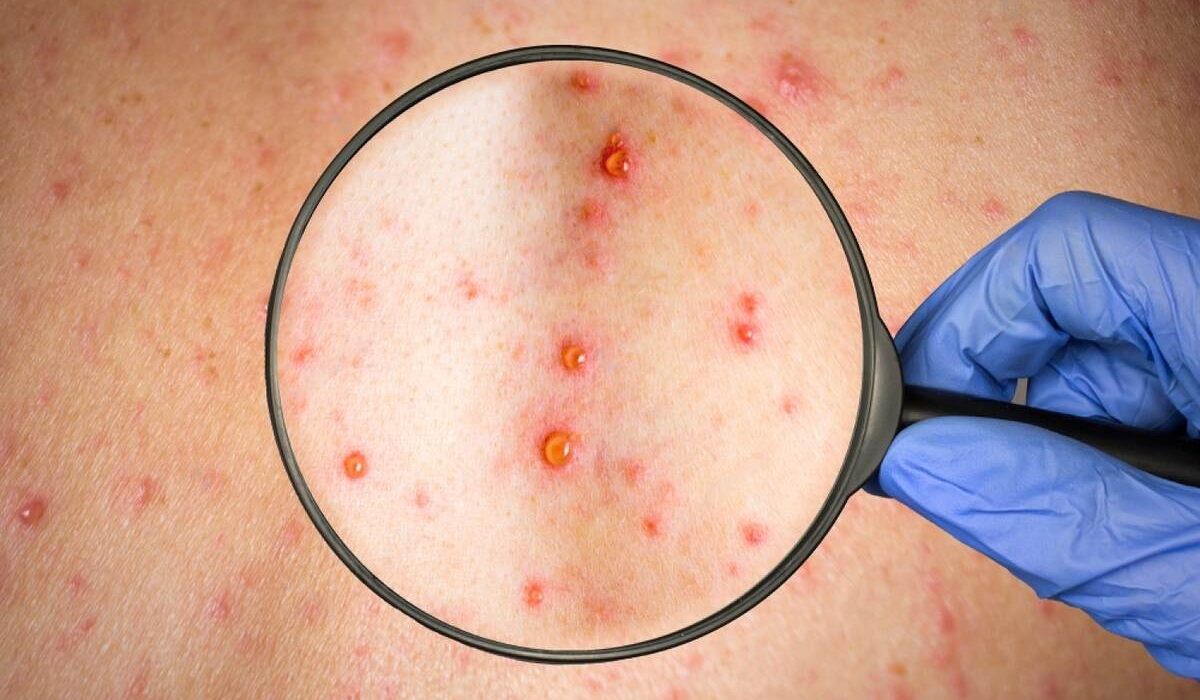Introduction
Rubella infection poses significant risks to pregnant women and their developing babies. Known for causing serious developmental complications, rubella can lead to a range of issues including deafness, heart problems, and low birth weight. While many adults may experience mild symptoms or none at all, the impact of rubella during pregnancy can be severe, with potential outcomes including stillbirth or severe birth defects. This article explores the risks associated with rubella infection in pregnant women, the symptoms to watch for, and the current strategies for prevention and management.
1.What are the risks of rubella infection for pregnant women?
Rubella infection can increase a pregnant woman’s chances of miscarriage. Babies born to rubella-infected women are even more likely to experience stillbirth or developmental complications. This viral rubella infection in a pregnant woman can affect almost every system of the developing baby, causing developmental complications such as: Deafness, cataracts, heart problems, mental retardation, liver and spleen damage, low birth weight, skin spots at birth. Less common – but more serious – complications include: Glaucoma, brain injury, thyroid problems, hormone disorders, pneumonia.
2.What are the symptoms of rubella?
About 25 to 50 percent of adults with rubella infection have no symptoms. Experts believed that rubella had been eradicated in 2004. Now many cases of rubella are reported every year.
When symptoms do appear, they may include the following symptoms: Low grade fever, headache, pink eye, general discomfort. A rash that starts on the face and spreads to the rest of the body.
3.How is rubella infection treated?
There is currently no cure for rubella infection, but for most adults, symptoms are mild and go away within a few days. For pregnant women, though, the condition can affect the developing baby even after the mild illness has passed.
4.Treatment for adults
Treatment for rubella usually focuses on managing symptoms and promoting rest. This may include rest, fluids, or medications such as acetaminophen (Tylenol) to manage pain or fever. In severe cases, treatment may also include medical interventions such as immune support, blood transfusions or steroid prescriptions.
5.Treatment of developing children
There is currently no treatment for developing babies affected by infection during pregnancy. Living with rubella infection during pregnancy can cause health concerns for an infant after delivery, which can last for the rest of their life.
- Rubella infection carries different risks at different stages of pregnancy.
- Before 12 weeks, your baby may have an 85 percent chance of passing the infection on.
- In the second trimester, your baby has a 50 percent chance of getting an infection.
- In the last trimester, the chances of passing the infection to your baby may be around 25%.
6.What can you do to prevent rubella during pregnancy?
Often, the most effective way to prevent rubella infection in pregnancy may be to get vaccinated before you become pregnant. Health care professionals often give people 2 doses of the measles, mumps, rubella vaccine in childhood, but some people may need additional doses later in adulthood. If you haven’t gotten the vaccine or aren’t sure, your doctor can test your blood for rubella antibodies before you get pregnant. If you are not protected against rubella, you can get a vaccine, but you should plan to wait about a month after your vaccine to try to get pregnant. At this time, it is important for pregnant women not to get the MMR vaccine because it is a weak live virus vaccine. If you don’t get the vaccine before you get pregnant, you’ll have to wait until after your baby is born to get the vaccine. Many gynecologists and obstetricians test for rubella and other infections during your first trimester. Contact your doctor immediately if you are exposed to someone with the virus after getting tested or at any time during pregnancy.
Conclusion
Rubella infection during pregnancy can have serious consequences for both the mother and the baby, making prevention crucial. Vaccination before pregnancy is the most effective way to reduce the risk of rubella infection. For those who are already pregnant, managing exposure and symptoms is key, though there is no treatment for the infection once contracted. Regular prenatal care and timely vaccination can help protect against rubella and its potentially devastating effects on fetal development.

